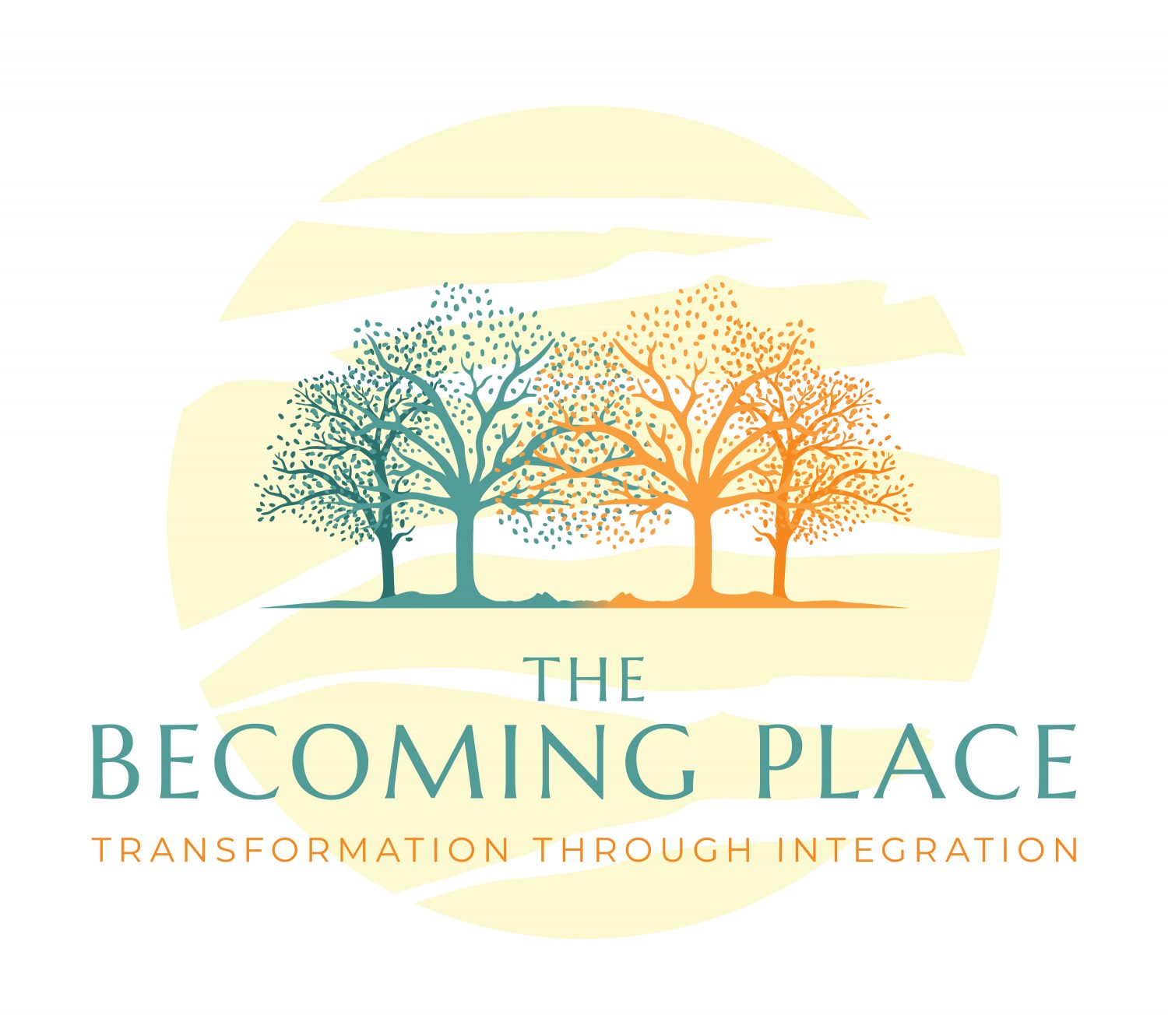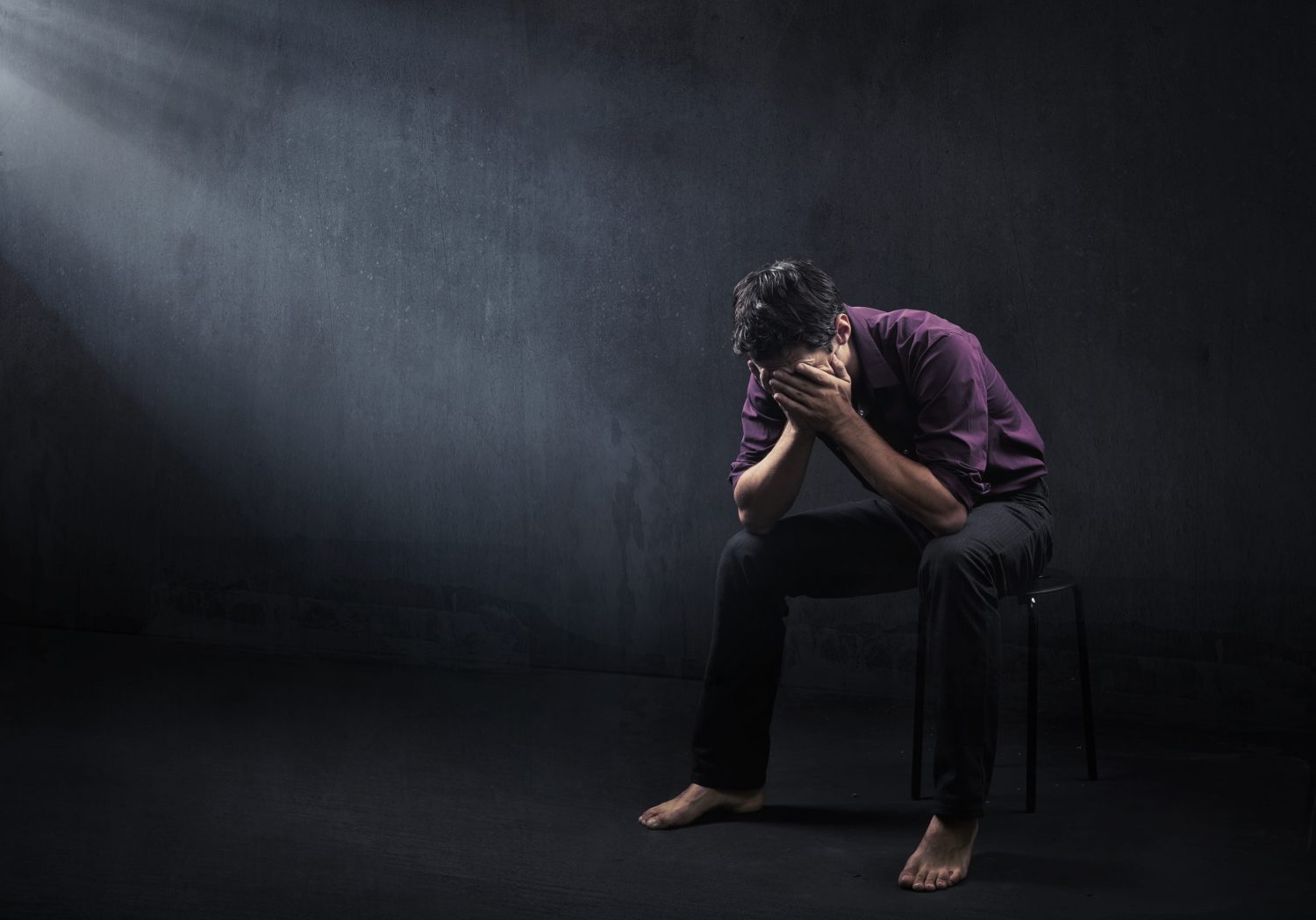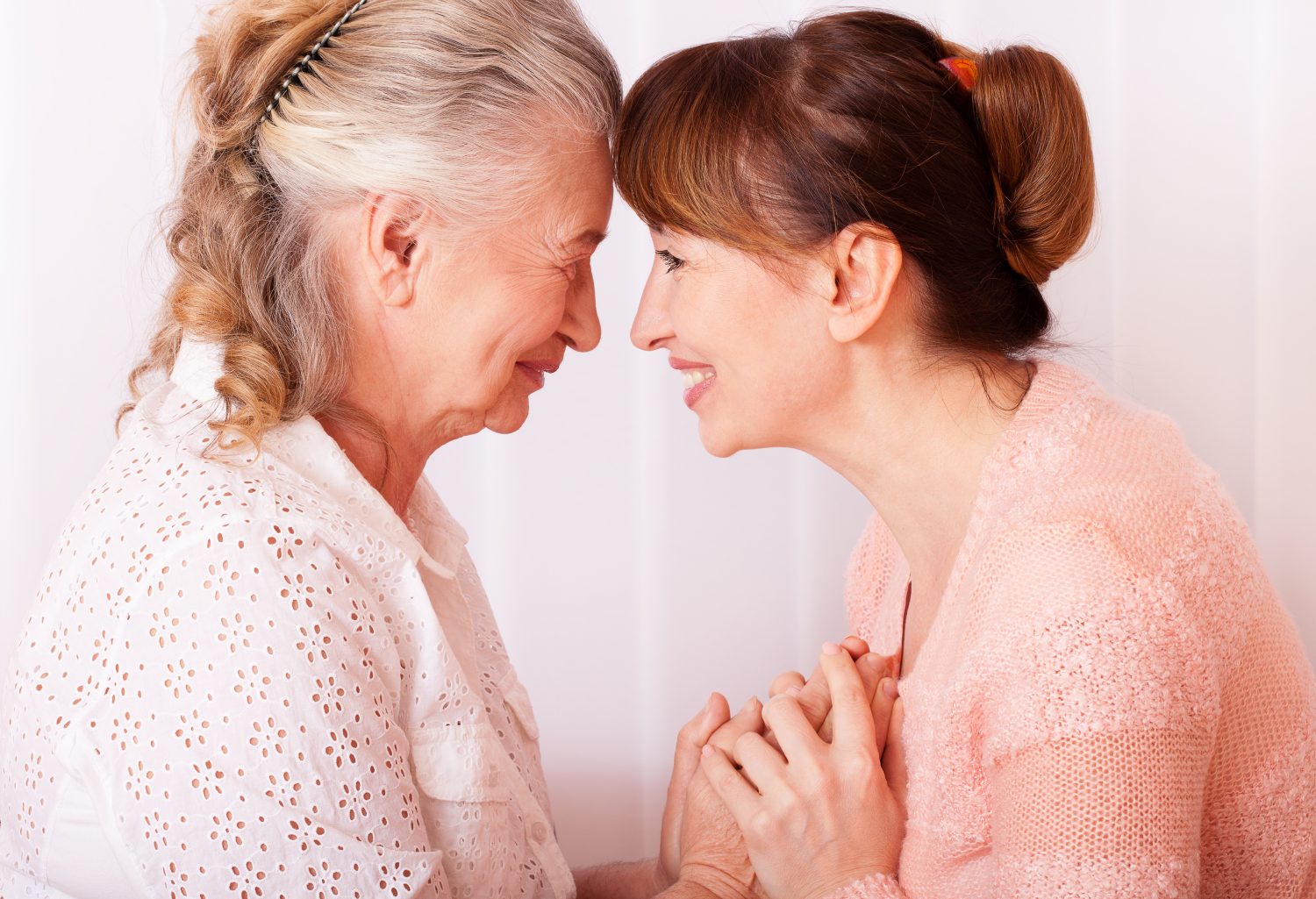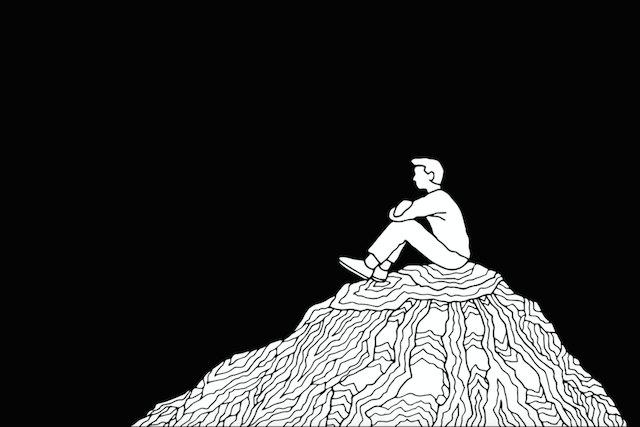Guest post by Sunrise Schultz
Have you felt yourself collapsing into a dark haze, with no way to thrive or find happiness?
Have you been convinced that there is no future besides drowning in grief?
That’s how I felt when my father died. I have spent years battling debilitating chronic illness. Because of his experience with his own serious health problems, my dad was the one who taught me how to handle the physical pain of my illness.
When my dad died, the unofficial list of truths and tips I had compiled to help me handle severe illness crumbled. I was overwhelmed with the cosmic injustice of losing not only my father, but the only other person I knew who had experienced some of the same manifestations of my illness.
It was in the midst of this that I finally noticed the similarities between the pain of chronic illness and the agony of losing a loved one. It felt like Dad had been trying to show me the whole time how to manage the grief of losing him. I resurrected my old list for handling pain, noting the ways every item still applied.
I’ve never made my goal to stop missing Dad. There’s no point in even attempting because I’ll always love him and that’s not anything I plan to change. What I have changed is how I manage that grief and live a full, joyful life, perhaps not just despite the pain, but because of it.
These insights are the five tools of transformation for my grief.
Fighting Pain Won’t Make it Go Away
This was the first lesson I learned, and it did not come easily.
I saw my pain as a monster to be slain. In my drive to get better, I battled internally against the injustice.
A particularly severe flare up of symptoms changed that. Sobbing for hours because of the depth of the pain, I realized I physically couldn’t keep expending so much energy fighting in a way that didn’t change anything.
There was unspeakable peace in this revelation.
In a similar fashion, I fought my grief when dad died. Part of my subconscious believed that if I didn’t, I was condoning Dad’s death on some level. But I was only perpetuating the cycle of frustration and sadness.
Living with grief already requires so much emotionally. When we use our energy fighting the feeling, our bodies and minds can’t maintain the toll. Directing our energy towards effective methods of managing pain is more than a coping skill—it’s an essential strategy.
Accepting Pain is the First Step Towards Managing it.
In some ways, this point follows from the last. But, in other ways it’s even harder. My school, work, social and personal lives all changed as a result of my illness. No part of me was okay with any of it. But in refusing to accept that there was pain and painful changes, I could never do anything to help.
After all, you can’t brainstorm solutions to a problem that you won’t acknowledge.
On difficult days, I’d talk with Dad, and his mantra remained the same: It is what it is.
Over time, I came to realize that he wasn’t trying to tell me the situation was great, only that being upset at the unfairness of it wasn’t helping me cope.
Dad’s death has always felt universally unfair. Some part of me wanted to deny the weight of that injustice on my mind. But that didn’t stop it from eating away at me. The only thing that helped was consciously accepting how unfair it was and how much it hurt.
Being honest about those feelings opened the door to better ways to address them, personally and with others.
Managing Pain Effectively Doesn’t Mean it’s Gone—and Some Days Will be Better Than Others
When I was sick, my loved ones and I devoted an incredible amount of time to trying to find something that would ease the pain. It was easy to become discouraged when a treatment didn’t take it entirely away.
I had to accept that there likely isn’t one magic cure that will make me feel like I did before I got sick. But that doesn’t mean I can’t appreciate the things that help a little bit.
Being sick also made me try to be kinder and more understanding of what I might not know someone is feeling. I became skilled at managing my pain to the point where people would try to tell me I wasn’t sick. Then they became upset when my hidden limitations caused me to be unable to do something they wanted. Some days, it made me think bitterly that I wish I always looked as pained as I felt. I didn’t really mean that, but with all the ups and downs of chronic illness, people making assumptions about my body didn’t feel good.
People treated me the same way after Dad died. It felt like unless I literally always wore black and cried in public, people would make ignorant remarks about how I must be feeling better. I bought into that in some ways, feeling like the only way I could say I’d managed my grief was if I didn’t miss Dad anymore.
I’ll always miss Dad. Some days are better than others, and it’s hard to tell what kind of day I’m having in that regard unless you take time to compassionately check in. There shouldn’t be any assumptions when it comes to loss and grieving.
Pain and Happiness are Not Mutually Exclusive
I used to believe that if I was able to laugh and enjoy things in life, it must mean my pain wasn’t that severe. I held myself back from happiness because I thought pain meant it wasn’t for me.
I was wrong. Again.
Taking smiles and happiness wherever I found them is the only way I was able to come out of the worst periods feeling human. There shouldn’t be any guilt or judgement for finding light in a dark spot.
I had to let go of the mistaken belief that if I expressed or pursued happiness, it meant I didn’t truly miss Dad. I miss him deeply every day. I realized that he spent his life building a legacy of love and happiness, even in the late days of his illness. Following his example is a way to honor him.
Alot of People Won’t Understand, and That’s Okay
It’s hard to express how frustrating it is to have someone who knows nothing about my health tell me when I ‘should’ be better or that I couldn’t possibly have that disease or that I should try their friend’s completely unrelated treatment.
At first, it felt like those people must have a serious deficit of empathy if they thought their comments were appropriate. When I looked closely at those interactions, what I’ve found is that I’m frequently those people’s first real experience with my illness. Most of them are acting on a combination of ignorance and good intentions.
This doesn’t excuse their behavior, of course. They are responsible for educating themselves on how to be sensitive and act appropriately. But whether or not they want to do that, I don’t have to hold onto their comments or frustrating attitudes. They can have whatever incorrect ideas they want, and it changes absolutely nothing about the reality of my body. And I am justified in limiting certain conversations or cutting contact. They don’t define me, and I don’t have to expend what little energy I have educating them. And that’s okay.
Grief often functions similarly; it makes people uncomfortable. People don’t understand how to talk about it.
And that’s okay. It’s not up to anyone else to define the way I should grieve or give me a timeline for being ‘over it.’ There is nothing wrong with not wanting to have conversations about grief with people who do that.
A key piece of healing is surrounding yourself with people who facilitate healing and happiness to you. People may imply or directly state that you need to use your experience with grief to teach those who are not sensitive in dealing with it. If you feel inspired to do that, great. You likely have a lot to offer in your story. If you’d rather not, great. It’s your journey, and you don’t need any other person or action to validate it.
Moving Forward in Pain, and Joy
Needless to say, I miss Dad. An incredible, often overwhelming amount. But I’m also able to love living my life. I am piecing together everything that fell apart in my grief.
Sometimes, I wonder what Dad would say knowing I got straight As my first semester back at school, and that I cried every day of those sixteen weeks.
As long as I love Dad, it’ll hurt that he’s not here. My aim hasn’t been to stop missing, or loving, him. It’s to find a way for that hurt to exist within a joyful, satisfying life. That’s all Dad wanted for me, and a goal that’s true to me. Pain can scar us and shape us, and narratives that define happiness as the strict absence of pain are letting us all down.
We owe ourselves and each other more; more honesty, more support, and more guidance for existing happily when pain is inevitable in some way.
































4 thoughts on “5 Healing Truths for Living with Illness and Grief”
What an awesome, raw and poignant article about holding space for people who are suffering!
Thank you!
Great write up. I missed getting these notifications. I’ll see you guys in a few weeks, and look forward to having you guys be a closer part of the family here in Utah. I miss Bo so much everyday but hearing you write about him and how you are coping makes it easier each day.
Beautiful post, Sunny. Thank you for sharing! You and your mom are both incredibly gifted writers, and I hope you both write more and more! Congrats on ace-ing your return to school…wow! Pain and all…you did it! I’m proud of you!
Cant believe it. 2 years ago i lost my dad. After that i got ill and had a surgery which he had when he was about my age. After surgery i got well but after 1 year i lost my uncle (from dads side) and my illness showed up again and become chronic this time. And dad never knew that i will have the same thing after his goodbye. Oh god!